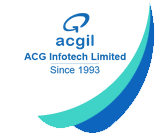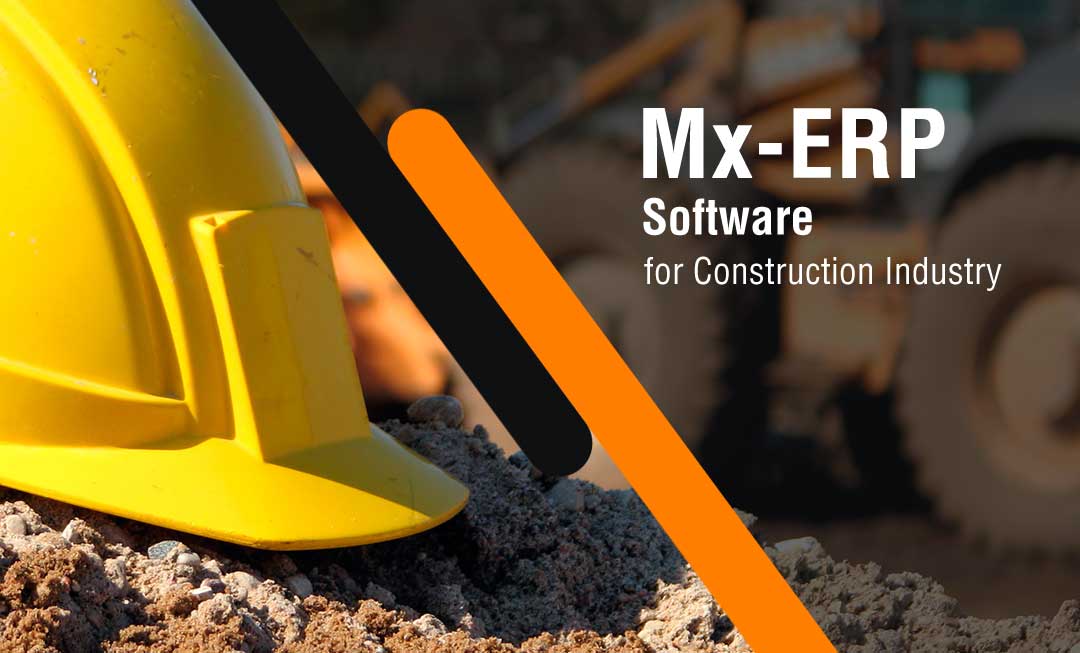In the fast-paced world of construction projects, effective collaboration among project stakeholders is crucial for success. With multiple teams, tasks, and timelines to manage, it becomes essential to streamline communication and ensure everyone is on the same page. This is where construction project management software plays a vital role. By leveraging the power of technology, these software solutions facilitate seamless collaboration, enhance productivity, and ultimately lead to successful project delivery. In this blog, we will explore the ways in which construction project management software can improve collaboration among project stakeholders.
Table of Contents
- Introduction: The Importance of Collaboration in Construction Projects
- Challenges Faced in Collaborative Efforts
- Streamlining Communication with Construction Project Management Software
- Real-Time Access to Project Information
- Task and Document Management
- Centralized Communication Channels
- Collaboration on Project Scheduling
- Tracking Project Progress and Performance
- Enhanced Decision-Making Processes
- Ensuring Accountability and Transparency
- Mitigating Risks with Construction Project Management Software
- Integration with Other Tools and Systems
- Overcoming Resistance to Change
- Training and Support for Successful Implementation
- Conclusion
- Introduction: The Importance of Collaboration in Construction Projects
Successful construction projects require seamless collaboration among various stakeholders, including architects, engineers, contractors, subcontractors, suppliers, and clients. Effective communication and coordination among these parties are vital to ensure that project objectives are met, budgets are adhered to, and timelines are maintained. However, traditional methods of collaboration, such as email exchanges and physical document sharing, can be inefficient, prone to errors, and time-consuming.
- Challenges Faced in Collaborative Efforts
Before diving into the benefits of construction project management software, it’s crucial to understand the challenges that often arise in collaborative efforts within construction projects. Some common challenges include:
- Lack of centralized information: Important project information scattered across various platforms and documents, making it difficult to access and share.
- Communication gaps: Miscommunication or delays in sharing critical updates, leading to confusion and errors.
- Version control issues: Difficulty in tracking the latest versions of drawings, specifications, and other project documents.
- Coordination complexities: Coordinating tasks and timelines across multiple teams and stakeholders can be challenging without a centralized system.
- Inefficient decision-making: Inadequate data visibility and analysis hinder informed decision-making processes.
- Limited transparency: Lack of transparency can lead to disputes, misunderstandings, and delays in resolving issues.
- Streamlining Communication with Construction Project Management Software
Construction project management software acts as a unified platform that enables seamless communication among project stakeholders. It provides a centralized hub for sharing information, updates, and documents. By leveraging features like real-time messaging, instant notifications, and user-friendly interfaces, these software solutions bridge the communication gaps that often arise in construction projects.
- Real-Time Access to Project Information
One of the key advantages of construction project management software is the ability to provide real-time access to project information. Stakeholders can access the latest project updates, documents, and drawings from anywhere and at any time. This ensures that everyone is working with the most up-to-date information, minimizing errors and rework.
- Task and Document Management
Construction project management software allows stakeholders to efficiently manage tasks and documents throughout the project lifecycle. With features like task assignment, deadlines, and document version control, teams can collaborate effectively, track progress, and ensure accountability.
- Centralized Communication Channels
By providing centralized communication channels, construction project management software eliminates the need for back-and-forth email exchanges and disjointed conversations. Stakeholders can collaborate in real-time, share ideas, ask questions, and provide updates within a single platform. This enhances efficiency, reduces delays, and fosters better teamwork among project participants.
- Collaboration on Project Scheduling
Efficient project scheduling is crucial for meeting deadlines and optimizing resource allocation. Construction project management software enables collaborative scheduling, allowing stakeholders to create, update, and share project schedules in real-time. This promotes transparency, helps identify potential conflicts or delays, and facilitates timely adjustments to keep the project on track.
- Tracking Project Progress and Performance
Construction project management software provides robust tracking and reporting capabilities, enabling stakeholders to monitor project progress and performance. Through visual dashboards, stakeholders can easily assess key metrics, identify bottlenecks, and make data-driven decisions. This promotes proactive management, timely interventions, and continuous improvement throughout the project lifecycle.
- Enhanced Decision-Making Processes
With access to real-time data and insights, construction project management software empowers stakeholders to make informed decisions promptly. By centralizing project information, risks, and performance indicators, the software enables stakeholders to evaluate alternatives, assess impacts, and choose the most viable options. This improves decision-making accuracy and ensures that project objectives are met efficiently.
- Ensuring Accountability and Transparency
Transparency and accountability are vital for successful collaboration in construction projects. Construction project management software allows stakeholders to track individual responsibilities, monitor task progress, and maintain a clear audit trail of actions taken. This fosters accountability, minimizes disputes, and promotes a culture of trust among project participants.
- Mitigating Risks with Construction Project Management Software
Construction projects are inherently exposed to various risks, ranging from design changes to unforeseen site conditions. Construction project management software provides features to manage and mitigate these risks effectively. By capturing and analyzing risk data, stakeholders can proactively identify potential issues, develop contingency plans, and implement risk mitigation strategies.
- Integration with Other Tools and Systems
To maximize efficiency, construction project management software often integrates with other commonly used tools and systems. This integration streamlines workflows and eliminates the need for manual data entry or duplication of efforts. For example, integration with accounting software allows for seamless financial management, while integration with Building Information Modeling (BIM) software enables efficient coordination between design and construction teams.
- Overcoming Resistance to Change
Introducing new software and processes can sometimes face resistance from project stakeholders. To overcome this, effective change management strategies should be implemented. Stakeholders need to understand the benefits of construction project management software, receive appropriate training, and have ongoing support throughout the implementation process. This ensures smooth adoption and maximizes the potential for improved collaboration.
- Training and Support for Successful Implementation
To fully leverage the benefits of construction project management software, stakeholders should receive comprehensive training and ongoing support. Training sessions can familiarize users with the software’s features, best practices, and potential workflows. Additionally, a dedicated support team should be available to address any questions or issues that arise during the implementation and usage of the software.
- Conclusion
Collaboration among project stakeholders is essential for the success of construction projects. By embracing construction project management software, stakeholders can streamline communication, improve task and document management, enhance decision-making processes, ensure accountability, mitigate risks, and integrate various tools and systems. This ultimately leads to improved collaboration, increased productivity, and successful project outcomes.
Thus, If you are looking for the best Construction management ERP software provider company in India, ACG Infotech is one of the best option for you. ACG Infotech brings forward an innovative and fresh approach to we & ERP software development company in India, which providing directly without any kind of liaison. At ACG Infotech , projects are not only developed but also planned to get successfully implemented at client end.
FAQs (Frequently Asked Questions)
Q: Can construction project management software be used for both small and large-scale projects?
A: Yes, construction project management software can be used for projects of all sizes. It offers scalability and flexibility to accommodate the specific needs of different projects, whether they are small residential builds or large commercial developments.
Q: Is construction project management software user-friendly?
A: Yes, most construction project management software is designed with user-friendliness in mind. They typically have intuitive interfaces and provide user-friendly features to make it easier for stakeholders to collaborate and navigate the software effectively.
Q: Can construction project management software be accessed remotely?
A: Yes, many construction project management software solutions offer cloud-based access, allowing stakeholders to access project information and collaborate remotely from any location with an internet connection.
Q: How does construction project management software enhance transparency?
A: Construction project management software promotes transparency by providing a centralized platform where stakeholders can access project information, updates, and documents. It ensures that all stakeholders have visibility into the project’s progress, tasks, and performance, minimizing misunderstandings and promoting open communication.
Q: Can construction project management software improve cost control?
A: Yes, construction project management software provides features for tracking project costs, budgets, and expenses. By having a clear overview of financial data and real-time cost information, stakeholders can make more informed decisions, identify cost-saving opportunities, and maintain better control over project expenditures.

